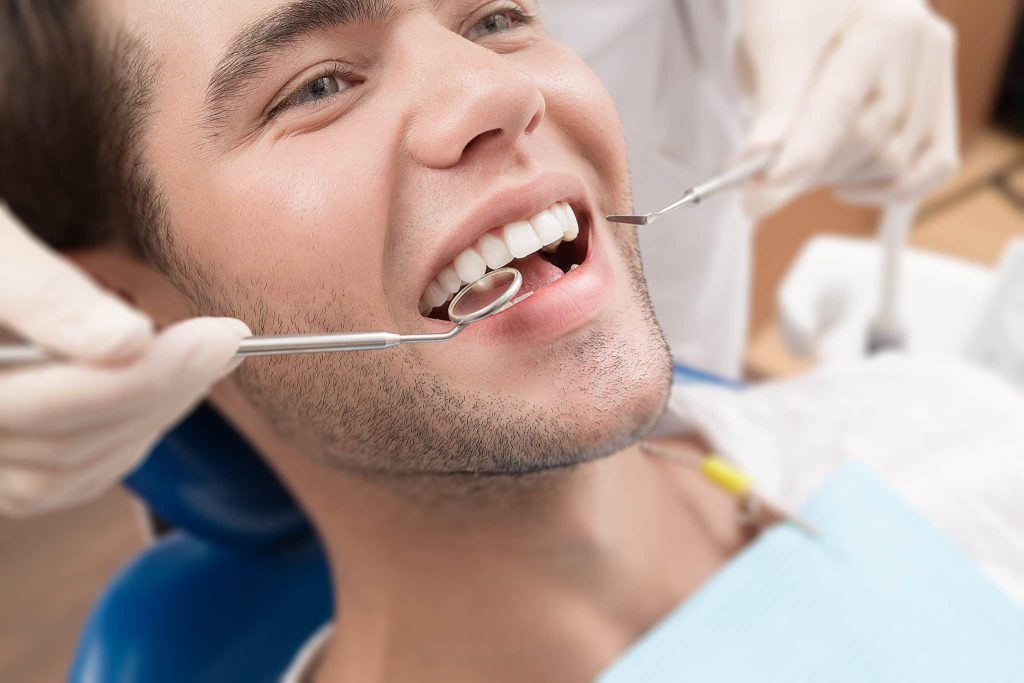Oral health is not a one-size-fits-all matter. The needs of your teeth and gums evolve as you age, and understanding these changes is essential for maintaining a strong, healthy smile throughout life. From wisdom teeth challenges in your 20s to enamel wear and gum changes later in life, tailored care can prevent long-term problems.
Oral Health in Your 20s
Your 20s are often a transitional period for oral health. Wisdom teeth may begin to emerge, sometimes causing crowding or discomfort. Lifestyle factors—such as diet, alcohol consumption, and irregular dental visits—can also impact oral hygiene. Hormonal fluctuations, particularly in women, may affect gum health, making them more prone to inflammation or bleeding.
Developing strong oral habits during this decade sets the foundation for future dental health. Brushing twice a day with proper technique, flossing daily, and limiting sugary or acidic foods are crucial. Regular check-ups allow early detection of cavities, alignment issues, or wisdom tooth complications. Consulting a dental professional like a dentist Preston at this stage can help identify potential problems before they become serious.
Oral Health in Your 40s
By the time you reach your 40s, natural changes in the mouth become more apparent. Enamel thins, making teeth more sensitive to temperature and acidic foods. Gum recession may expose tooth roots, increasing the risk of decay and sensitivity. Years of wear and tear on fillings and restorations can also require attention.
At this stage, it’s important to maintain consistent preventive care. Using toothpaste designed for sensitive teeth, incorporating fluoride treatments, and monitoring gum health can help protect enamel and prevent disease progression. Regular dental cleanings remain essential, and early intervention can prevent small issues from escalating into complex treatments.
Oral Health in Later Life
As people age, oral health challenges often intensify. Dry mouth, commonly caused by medications or reduced saliva production, can increase the risk of cavities and infections. Older adults may also face tooth loss or more pronounced gum recession. Maintaining a careful hygiene routine, choosing the right dental products, and adjusting dietary habits are critical to preserving oral function and comfort.
Professional guidance becomes increasingly valuable in later life. A dentist can provide solutions such as custom fluoride treatments, restorations, or protective appliances to address age-related changes. Regular check-ups allow monitoring of both natural teeth and any prosthetics or implants.
Adapting Your Dental Routine Over Time
Adapting oral care to each life stage helps protect both appearance and function. In your 20s, focus on habit-building and early intervention. In your 40s, emphasize enamel protection, gum health, and addressing minor wear. Later in life, prioritize moisture, restorative care, and ongoing professional oversight. Awareness of these changes allows for proactive prevention rather than reactive treatment.
Dental hygiene is a lifelong journey, not a static routine. Each decade brings new challenges and opportunities to protect your teeth, gums, and overall oral health. By understanding the evolving needs of your mouth and consulting a dentist Preston for age-appropriate guidance, you can maintain strong, healthy teeth and a confident smile well into your later years. Tailoring care over time ensures that your smile continues to support both appearance and overall well-being.







